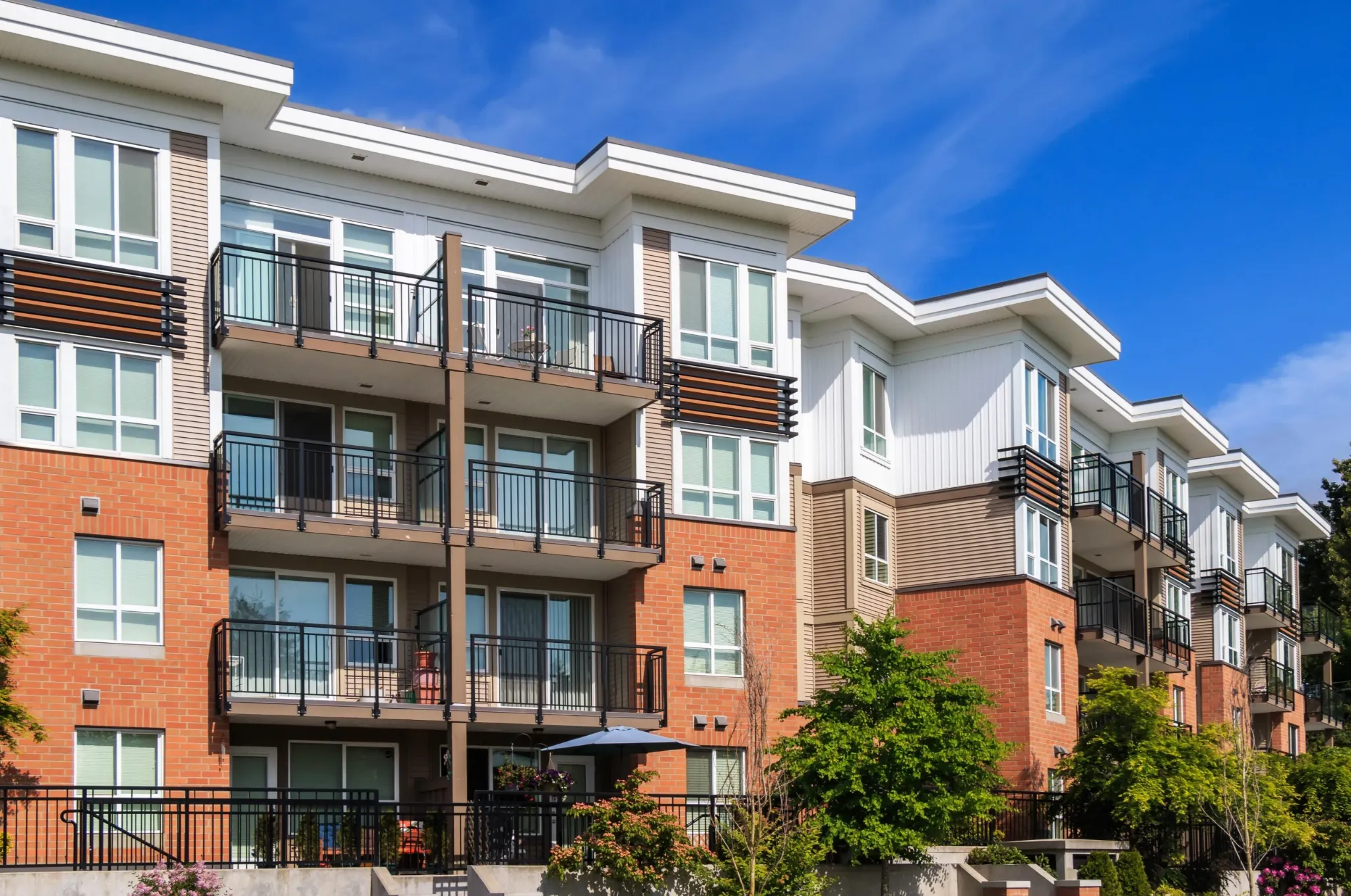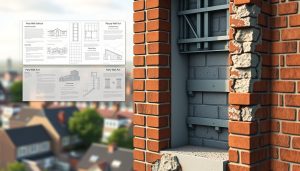If the number of years on the lease equates to 90 or under, the leaseholder can obtain a lease extension. Under the provisions of the Leasehold Reform, Housing and Urban Development Act 1993 (the Act) residential leaseholders have a statutory right to extend their lease. However, this is often a long drawn-out and potentially expensive process. Therefore, a leaseholder may want to explore alternative options.
With years of experience in all areas of building surveying and associated property services, our panel of experts offers professional advice including lease extension surveys and valuations to help increase the value of your leasehold asset. They are trusted building surveyors throughout Wimbledon London and welcome your enquiry.
Formal v Informal Lease Extension
A formal lease extension is governed by the statutory process laid down in the Act: Generally, it will start with the leaseholder serving a Section 42 Notice on the freeholder, offering to extend the lease by 90 years with no further ground rent. The offer will be based on a professional leasehold valuation carried out by a surveyor, and after much haggling between respective lawyers, an agreement will be reached on the premium to be paid.
Informal lease extensions are not governed by legislation and do not require the same process. Typically a leaseholder will write to their landlord requesting an extension to their lease on terms to be agreed. The proposed terms can vary widely: the number of years to be added to the lease will often be less than the statutory 90 years and ground rent clauses will be retained or increased.
Formal Lease Extension Advantages
The advantages to the leaseholder of taking the statutory route are: you will be granted a lease extension of an additional 90 years in addition to your unexpired term and the unexpired term will be “frozen”, the ground rent will reduce to zero, usually the premium payable for your lease extension will be better value for money than could be achieved by an informal agreement with the landlord.
Informal Lease Extension Advantages
The advantages of going down the informal route include: you need to have owned the property for at least 2 years to qualify for a statutory lease extension, whereas there are no such qualifying criteria for informal lease extensions. It costs around £220 to serve a Section 42 Notice, so there is a small saving if you can reach an informal agreement instead. There is huge scope for flexibility in negotiations. For example, if the premium prices you out of the market, it may be that a lower additional term coupled with the ground rent staying in place is a more palatable alternative.
Is there any Disadvantage to an Informal Lease Extension?
One of the main problems with an informal lease extension is that these private arrangements, though entirely valid in law, are not governed by the terms of the 1993 Act, meaning that almost any of those new lease terms could be up for renegotiation.
This leaves a situation that could potentially be exploited by a mean-spirited freeholder, and particularly if the leaseholder has inadequate access to professional advice. It is unfortunately not uncommon for landlords to take advantage of the asymmetry of power, with a great many lease extensions negotiated based on a shorter extension, and some ground rent retained.
If, when approached informally, the freeholder asks you to pay his costs (administrative and valuation), then the stated premium they offer is likely to be inflated in comparison to the amount calculated as part of the statutory process.
At this point, the leaseholder either has to accept the landlord’s incredibly onerous terms or walk away and lose the freeholder’s very strictly date-specific offer and go back to the beginning of the formal route.
Which Lease Extension route should I opt for Wimbledon London Property?
Both lease extension routes are acceptable in law and offer their benefits and disadvantages, so which one you should choose depends on your circumstances and based on the advice given by your surveyor.
If you have owned the property for 2 years or more then it may be sensible to commence matters formally. This will provide you with the full protection of the statutory process. We always recommend that you employ a specialist surveyor to prepare a lease extension valuation and serve notice. If you opt for a formal route to begin with, at any stage after that route has been taken you can agree on matters informally – you effectively still retain the benefits of both routes.
However, if you have not owned the property for the required 2 years and there are less than 82 years unexpired on the lease, it may make more sense to try and agree on a quick deal with the freeholder informally.
Contact
Get in touch with the surveyors to discuss your specific lease extension requirements in any area of London including Wimbledon, Ilford, Barking, Enfield, Grays Thurrock, Watford, Greenwich, Bromley and Battersea.
















